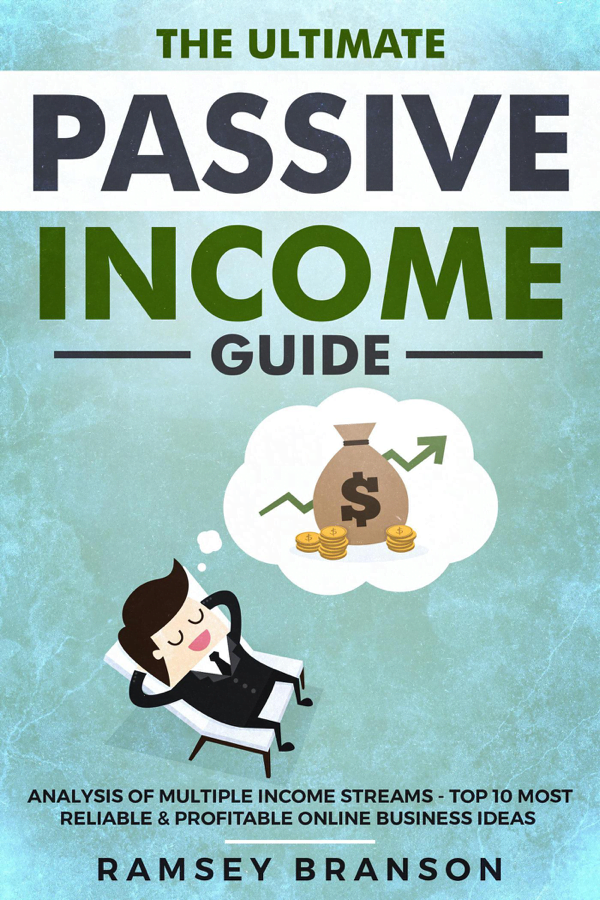
Tips and Guides to Become a Top Affiliate Marketer
Affiliate marketing is a dynamic and highly profitable industry, offering a fantastic opportunity to earn passive income. However, becoming a top affiliate marketer, requires strategy, dedication, and continuous learning.
This blog post will provide tips and guides to help you succeed in affiliate marketing, whether just starting or aiming to level up your current efforts.
1. Understand Affiliate Marketing Basics
Before diving into affiliate marketing, it’s crucial to understand how it works. At its core, affiliate marketing involves promoting products or services through a unique referral link. You earn a commission every time someone purchases a product through your link.
Here’s how the affiliate marketing process works:
- Sign up for an affiliate program.
- Promote products using a unique affiliate link.
- Earn commissions based on referrals or sales.
Grasping the basic terms like CPC (Cost per Click), CPA (Cost per Acquisition), and CPM (Cost per Thousand Impressions) will help you navigate affiliate marketing platforms.
2. Choose the Right Niche
Choosing the right niche is one of the most critical steps in becoming a top affiliate marketer. A well-defined niche allows you to target a specific audience, making creating content that resonates with them easier. When selecting a niche, consider:
- Passion and interest: Focus on something you are passionate about or knowledgeable in.
- Profitability: Ensure the niche has products or services with affiliate programs that offer competitive commissions.
- Audience demand: Use tools like Google Trends or keyword research tools to determine if people are actively searching for content in your chosen niche.
3. Select Quality Affiliate Programs
Not all affiliate programs are created equal. To ensure long-term success, it’s essential to choose quality affiliate programs that offer:
- Competitive commissions: Look for programs that provide fair compensation for the effort you’ll put in.
- Trusted products or services: You’ll want to promote products that deliver value to your audience.
- Good support: Select programs with affiliate managers who can assist you with marketing materials, queries, and strategies.
Some popular affiliate programs include Amazon Associates, ShareASale, CJ Affiliate, and ClickBank. Always read the terms and conditions to understand the commission structure and payment schedule.
4. Build a Professional Website or Blog
Having a professional website or blog is critical for establishing your online presence. Your website serves as the primary hub where your audience can access valuable content, affiliate links, and product recommendations.
Here’s what to consider when building your site:
- Domain and hosting: Invest in a memorable domain name and reliable hosting service.
- Design and user experience: Ensure your website is easy to navigate and visually appealing.
- Content management system (CMS): Use platforms like WordPress for easy management of your content and affiliate links.
A professional website builds trust with your audience, making them more likely to click on your affiliate links and convert into customers.
5. Create Valuable Content
Content is king in affiliate marketing. To drive traffic to your affiliate links, you need to provide high-quality, valuable content that answers your audience’s questions or solves their problems. Types of content to consider:
- Product reviews: Write in-depth reviews of products, highlighting the pros and cons.
- Tutorials and how-to guides: Show your audience how to use the products you’re promoting.
- Comparison posts: Compare different products or services, providing an objective analysis.
Content should always be authentic, transparent, and helpful. Avoid overly promotional content, as it can alienate your audience.
6. Leverage SEO and Analytics
Search engine optimization (SEO) is vital for driving organic traffic to your website. Researching and using keywords that your target audience is searching for will help your content rank higher on search engines like Google. Key SEO strategies include:
- Keyword optimization: Use long-tail and high-intent keywords in your content.
- Backlinking: Create content that others will want to link to, improving your authority.
- Mobile-friendliness: Ensure your website is optimized for mobile users.
Additionally, use analytics tools like Google Analytics to track your site’s performance. Understand which posts are driving the most traffic and where users are dropping off, allowing you to optimize for better results.
7. Utilize Social Media Marketing
Social media platforms are powerful tools for affiliate marketers. By sharing valuable content and engaging with your audience on platforms like Facebook, Instagram, or Twitter, you can drive traffic to your affiliate offers.
Here are tips to leverage social media:
- Choose the right platform: Focus on the platforms where your target audience is most active.
- Engage with followers: Respond to comments, participate in conversations, and build relationships with your audience.
- Promote valuable content: Use social media to share blog posts, product recommendations, or promotional offers.
Paid advertising on platforms like Facebook Ads or Instagram Ads can also amplify your reach and drive conversions if done strategically.
8. Build an Email List
Email marketing is one of the most effective ways to nurture relationships with your audience and promote affiliate products. Building an email list allows you to regularly communicate with potential buyers, share exclusive offers, and direct them to your website or affiliate links.
Here’s how to build a strong email marketing strategy:
- Use lead magnets: Offer a free resource (eBook, guide, or checklist) in exchange for email signups.
- Create segmented email campaigns: Tailor your messages based on audience behavior or preferences.
- Nurture subscribers: Send regular, valuable content that encourages subscribers to engage with your offers.
9. Engage with Your Audience
Building trust is key to becoming a top affiliate marketer. Engaging with your audience will help foster that trust and establish you as an authority in your niche. Ways to engage include:
- Responding to comments: Whether on your blog or social media, responding to questions or comments builds rapport.
- Hosting Q&A sessions or webinars: Offer live interactions where you can directly engage with your audience.
- Encouraging feedback: Ask your audience for their opinions on the products or content you’re promoting.
The more you engage, the more your audience will trust your recommendations.
10. Monitor and Optimize Your Performance
Finally, to become a top affiliate marketer, you must continuously monitor your performance and make necessary adjustments. Use data to identify what’s working and what’s not. Focus on:
- Conversion rates: Track how many clicks on your affiliate links result in sales.
- Traffic sources: Understand where your traffic is coming from—organic search, social media, or email marketing.
- Testing: A/B test headlines, call-to-actions, and layouts to find what converts best.
Regularly optimizing your strategies based on performance data will help maximize your earning potential.
Conclusion
Becoming a top affiliate marketer doesn’t happen overnight, but with persistence, the right strategies, and continuous learning, it’s achievable. Start by selecting the right niche, building a professional platform, and creating valuable content. Engage with your audience and leverage various tools like SEO, social media, and email marketing to grow your affiliate business.
By following these tips and guides, you’ll be well on your way to reaching the top of the affiliate marketing game. Good luck!
Previous Post
5 Tips for a Mindful Morning Routine















